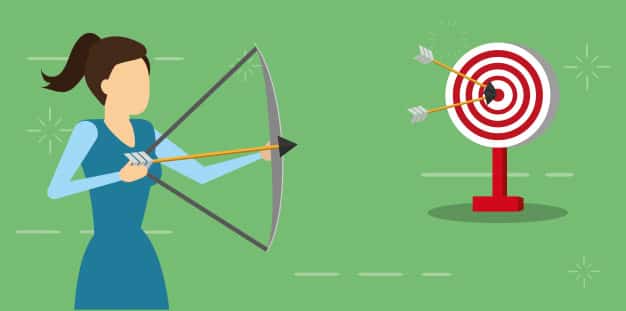What does unable to concentrate mean?
You rely on concentration to get through work or school every day. When you’re unable to concentrate, you can’t think, focus on a task, or maintain your attention.
Your performance at work or school could be affected if you can’t concentrate. You may also find that you can’t think as well, which can affect your decision-making. Several medical conditions may contribute to or cause the inability to concentrate.
It’s not always a medical emergency, but being unable to concentrate can mean you need medical attention.
What are the symptoms of being unable to concentrate?
Being unable to concentrate affects people differently. Some symptoms you may experience include:
- Being unable to remember things that occurred a short time ago
- Difficulty sitting still
- Difficulty thinking clearly
- Frequently losing things or difficulty remembering where things are
- Inability to make decisions
- Inability to perform complicated tasks
- Lack of focus
- Lacking physical or mental energy to concentrate
- Making careless mistakes
You may notice that it’s harder to concentrate at certain times of the day or in certain settings. Others may comment that you appear distracted. You may miss appointments or meetings because of a lack of focus.
What are the causes of being unable to concentrate?
Being unable to concentrate can be the result of a chronic condition, including:
- Alcohol use disorder
- Attention deficit hyperactivity disorder (ADHD)
- Chronic fatigue syndrome
- Concussion
- Cushing syndrome
- Dementia
- Epilepsy
- Insomnia
- Major depressive disorder
- Mental disorders, such as schizophrenia
- Restless leg syndrome
Lifestyle changes that affect your concentration include:
- Lack of sleep
- Hunger
- Anxiety
- Excess stress
Being unable to concentrate is also a side effect of some medications. Read the insert carefully. Contact your doctor or pharmacist to determine if your medications may be affecting your concentration. Don’t stop taking any medications unless your doctor says to.
When do I seek medical help for being unable to concentrate?
Seek immediate medical attention if you experience any of the following symptoms in addition to being unable to concentrate:
- Loss of consciousness
- Numbness or tingling on one side of your body
- Severe chest pain
- Severe headache
- Sudden, unexplained memory loss
- Unawareness of where you are
Make an appointment to see your doctor if you experience the following symptoms:
- Affected memory that’s worse than usual
- Decreased performance in work or school
- Difficulty sleeping
- Unusual feelings of tiredness
You should also make an appointment to see your doctor if being unable to concentrate affects your ability to go through daily life or enjoy your life.
How is being unable to concentrate diagnosed?
Diagnosing your condition could involve a variety of tests because there are many causes. Your doctor will start by gathering a health history as well as discussing your symptoms.
Questions asked may include: “When did you first notice this condition?” and “When is your ability to concentrate better or worse?”
Your doctor may also review medications, supplements, and herbs you may be taking to determine if they could be affecting your concentration.
Taking all this information into consideration, your doctor may be able to make a diagnosis or recommend further testing. He or she may recommend one or more of these tests:
- Blood testing to determine hormone levels
- CT scans to view brain abnormalities
- Electroencephalography (EEG) that measures electrical activity in the scalp
Diagnosis for inability to concentrate may take time and more evaluation.
How is being unable to concentrate treated?
You may be able to make changes that improve your ability to concentrate if it’s lifestyle-related. Examples include:
- Eating a balanced diet with whole grains, fruits, vegetables, and lean proteins
- Eating several small meals each day
- Getting more sleep
- Reducing caffeine intake
- Taking steps to reduce stress, such as meditating, writing in a journal, or reading a book
Other treatments will depend upon your specific diagnosis.
For example, people diagnosed with ADHD may need several different treatment approaches. This includes behavioral therapy to limit distractions or medications to improve concentration. It can also include parent education.
Resources:https: www.healthline.com







